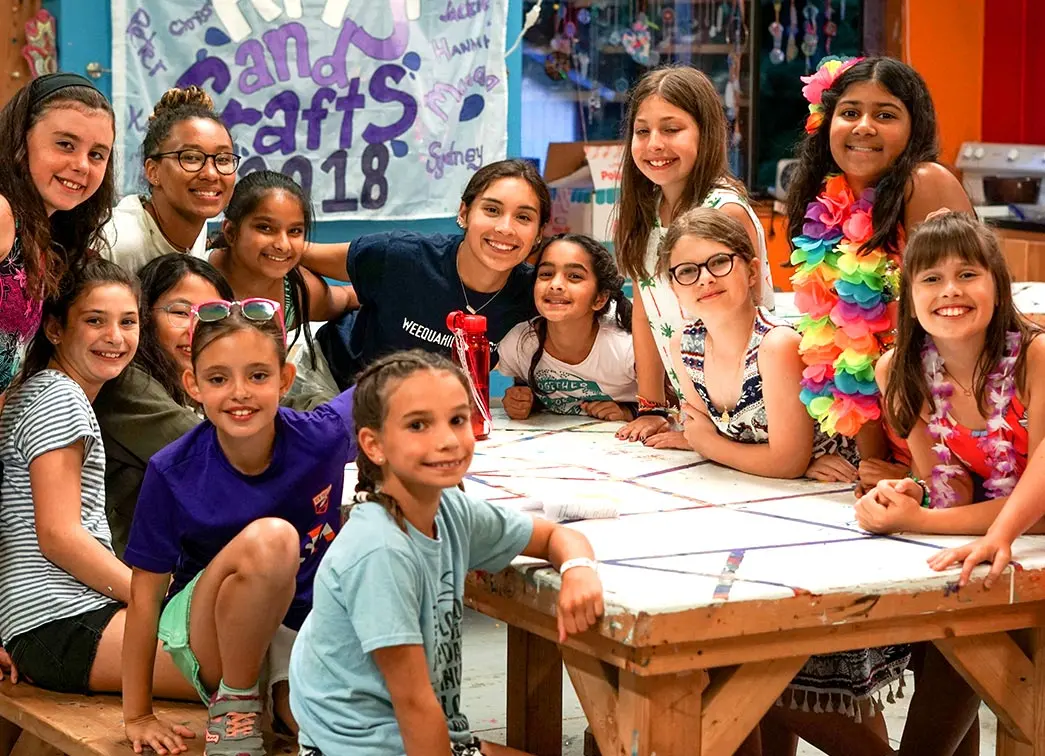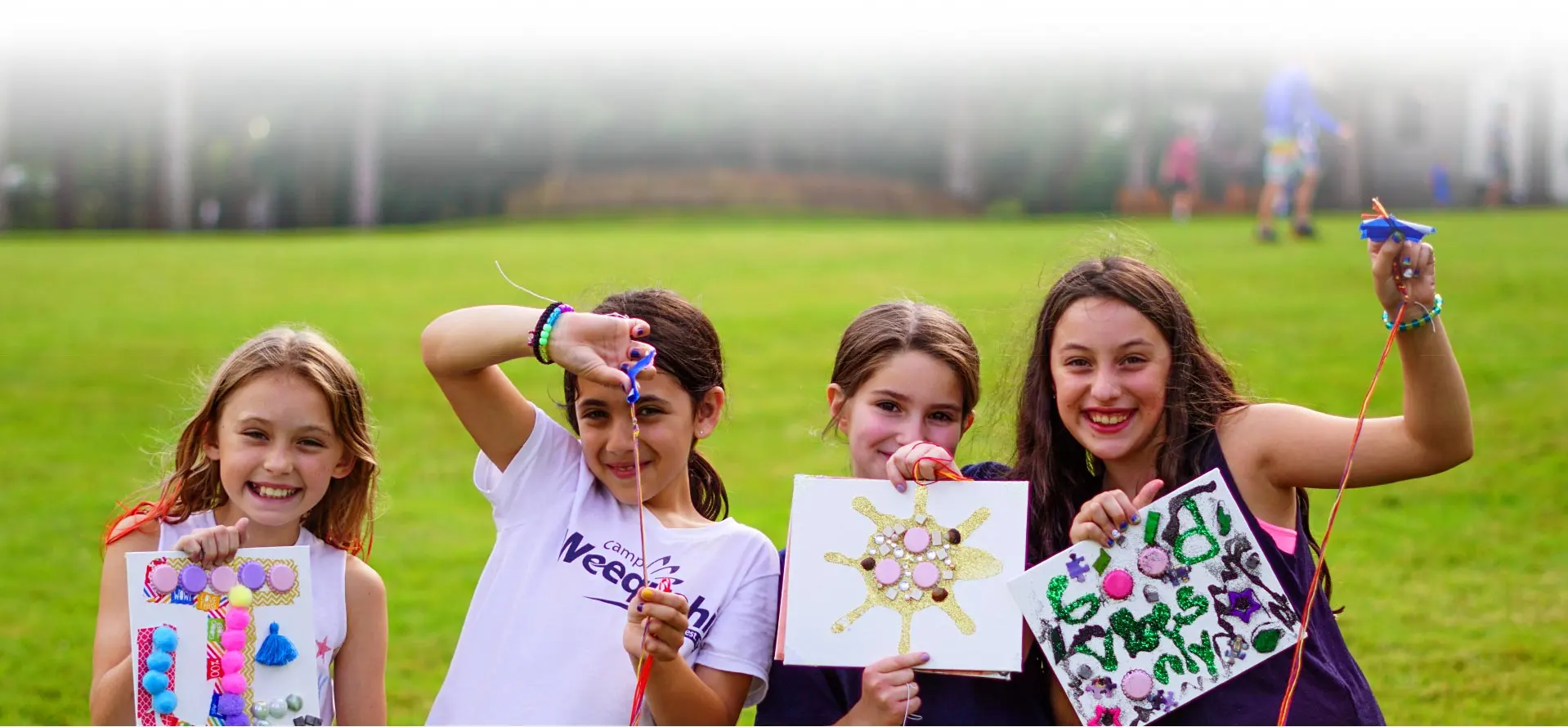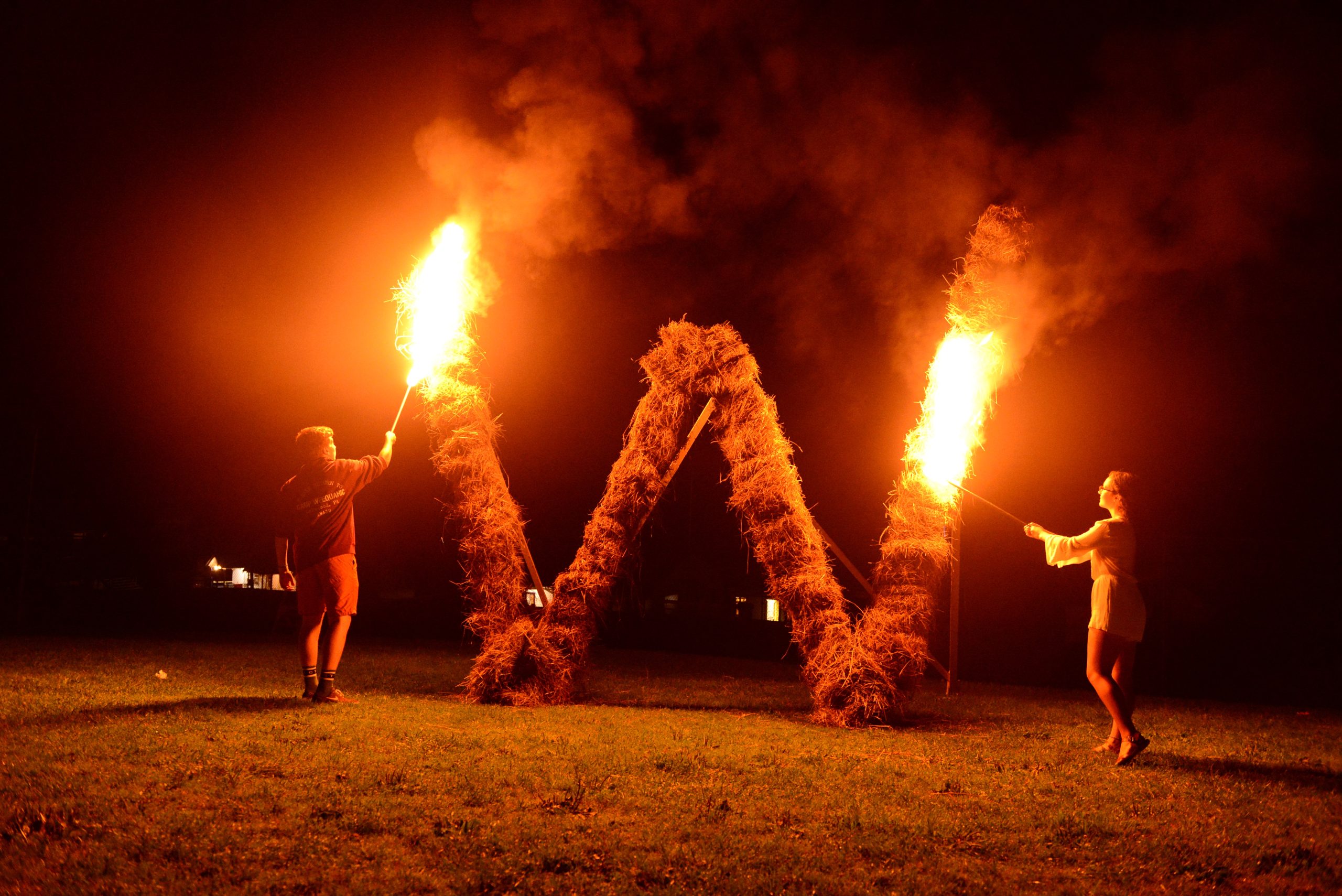I had the opportunity to be in Paris last week seeing families. While it was all about seeing families, I got to spend a bit of Tuesday in the Musée d’Orsay. I don’t know much about art but I know this: the beauty contained in that building and the stories told on canvases are inspiring, breath-taking and worth the trip.
While the subjects and styles were incredibly diverse, I noticed a common thread. While reading the explanation markers next to the works or listening to the audio tour (yes, yes – I’m a total nerd), most of the painters were paying tribute to past masters or works that had influenced them.
It didn’t matter if I were looking at a Manet, Van Gogh, Courbet or Degas… all of the painters produced works that had been influenced by those before them.
Building
We are always building on top of those who went before us. Dr. King studied those who had come before him – Jesus and the disciples of the New Testament all the way to Gandhi – as he developed and led the Civil Rights movement. The developers of YouTube, Instagram and Snap all built upon the code and ideas which had previously come into the marketplace from others.
Camp is the same. Tradition is certainly important. And change must be embraced… as long as it is growth rather than decline.
At Camp Weequahic, we’ve learned from other great spaces for children and staff. We’ve taken ideas from books, boutiques and even banks. Kate and I learned from those who came before us, women and men who were generous with their time and knowledge. People like Jancy Dorfman and Scott Ralls, legends of camping, were happy to share.
Our most recent generation is teaching us as well. Our college-aged staff keep us young and engaged with the current trends. They bring their own experience from other camps and walks through life. New ideas which they share continue to keep Weequahic moving forward while remaining grounded in our mission of creating amazing.
Let’s Keep Learning
So, to the past masters, thank you. And to all those who continue to bring ideas to our table, keep them coming. We can’t wait to see the art we create together!



